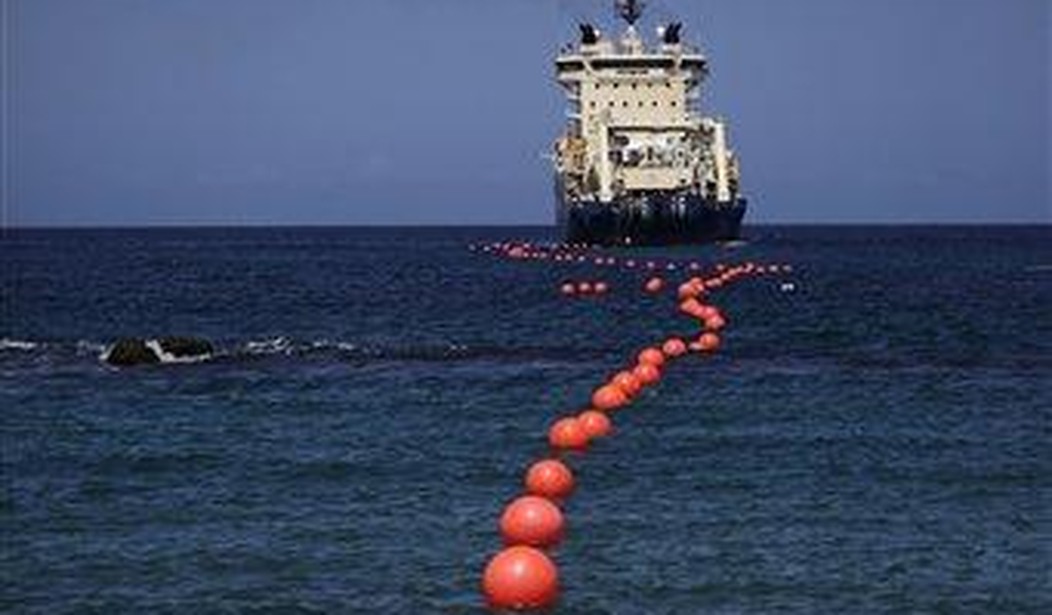Russia had quite a day yesterday. In addition to shooting down a civilian passenger jet, an oil tanker believed to be part of Russia's shadow fleet is suspected to have cut another undersea cable using its anchor.
The authorities said on Thursday that they believe the anchor of the Eagle S, a tanker registered with the Cook Islands, may have damaged the Estlink 2 cable, which became disconnected on Wednesday.
The vessel is thought to be part of Russia's "shadow fleet", which is made up of ships that carry embargoed Russian oil products...
Estonia's Foreign Minister Margus Tsahkna said on Thursday that damage to critical submarine infrastructure has become "so frequent" that it casts doubt on the idea this damage could be considered "accidental" or "merely poor seamanship".
"We must understand that damage to submarine infrastructure has become more systematic and thus must be regarded as attacks against our vital structures," Tsahkna said in a press release.
Estonia's foreign minister was referring to several other cables which were cut last month. In those earlier cases a Chinese ship has been connected to the sabotage.
In November, two undersea cables in the Baltic were disrupted in quick succession. The C-Lion 1 data cable stretching between Finland and Germany, and the BCS East-West Interlink connecting the Swedish island of Gotland to Lithuania were cut within 24 hours of one another.
A Chinese ship, the Yi Peng 3, was tied to the incidents. Sweden on Monday accused Beijing authorities of denying a request from Swedish investigators to come aboard the vessel. It had stayed in international waters close to Denmark and Sweden for several weeks after the cables were damaged.
In November, shortly after the two undersea data cables were cut in the Baltic, German Defense Minister Boris Pistorius said that "no one believes that these cables were cut accidentally."
The Wall Street Journal reported that the captain of the Chinese ship was likely pressured to drag an anchor across the cables by Russian intelligence services.
Investigators say they believe that its Chinese captain was induced by Russian intelligence to cut the cables with the ship’s anchor. China is cooperating with the investigation, according to Chinese and European officials, and has ordered the ship to drop anchor. But Beijing hasn’t yet allowed investigators to board the ship and question its crew.
The same story reports that countries impacted by the sabotage are hesitant to attribute the attacks to Russia because doing so would require a response.
NATO has so far struggled to respond to these assaults and in some cases authorities have decided not to attribute them to Russia in order to not spread panic among their populations, according to multiple officials...
Ignoring attacks invites more aggression, but attributing them is also difficult because NATO countries would be under pressure to respond without having good options to do so, said Christopher Chivvis, a former U.S. national intelligence officer for Europe who served under the Trump and Biden administrations.
“Our adversaries like hybrid warfare exactly because it’s so hard to respond to directly and proportionally; the West is so much more open and easy to penetrate for such subterfuge than Russia,” Chivvis, now senior fellow at the Carnegie Endowment for International Peace, said.
No one believes these are accidents, but for the meantime Russia is getting away with this hybrid form of warfare against NATO, which is obviously meant as a response to NATO countries ongoing defense of Ukraine.








